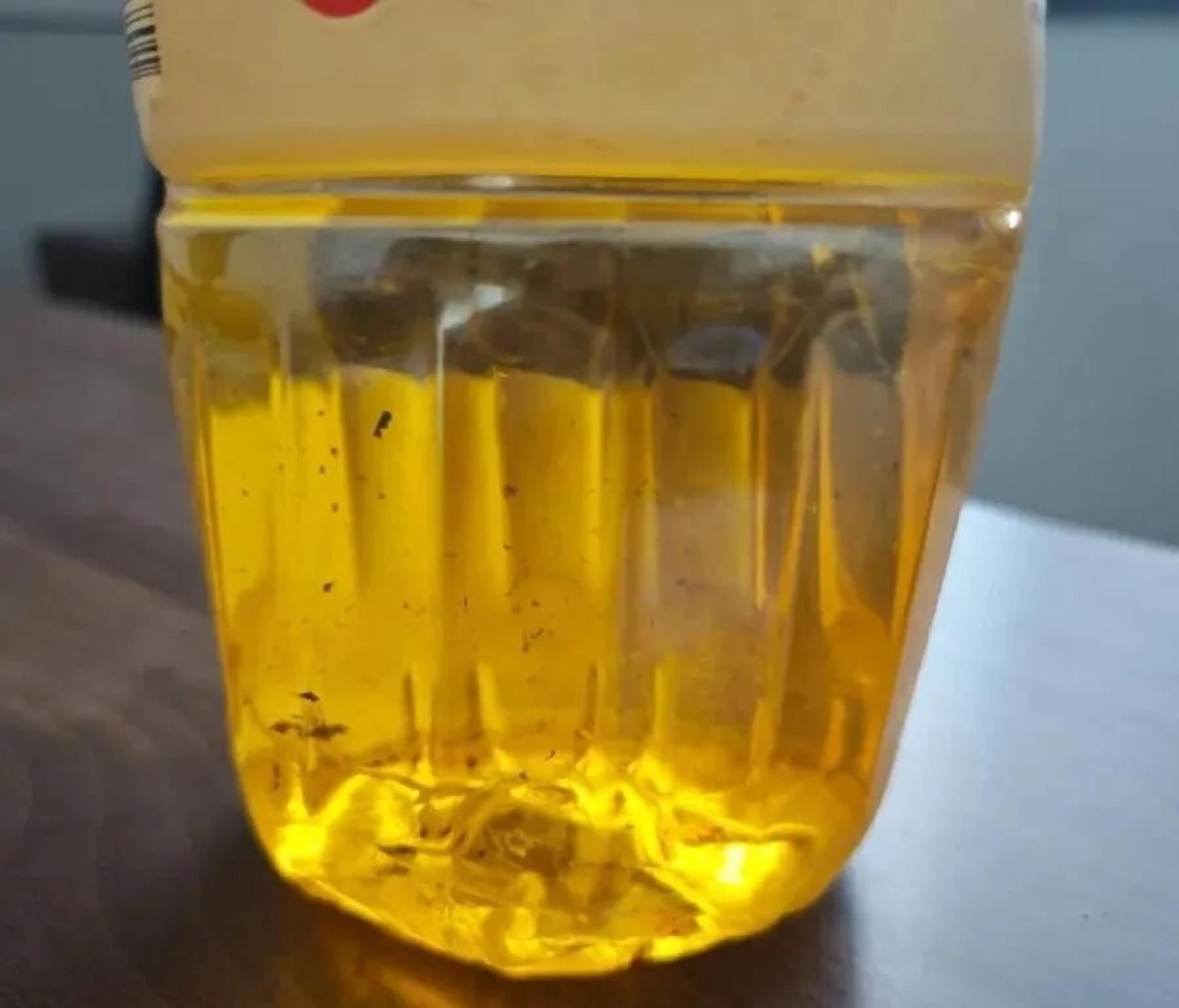In Yanjing Town, Linhai City, Zhejiang Province, China, a woman surnamed Wang recently encountered a street vendor at a market who claimed to offer “free cleaning of gold jewelry.” Ms. Wang, moved by his enthusiastic manner, handed over the gold bracelet she had worn for years for cleaning. To her surprise, after the cleaning, she found the bracelet had become visibly softer and felt noticeably lighter. Suspecting something was wrong, she immediately reported the incident to the police.
According to Chinese media reports, after receiving Ms. Wang’s report, the police weighed the bracelet and found it now weighed only 22.67 grams—whereas the original purchase receipt from 2013 documented the weight as 28 grams, meaning a reduction of 5.33 grams of gold after cleaning. Upon questioning, the vendor surnamed Yu admitted to using “aqua regia” during cleaning, which, through a chemical reaction, corroded and stole part of the metal. Mr. Yu has now been criminally detained by the authorities, and the case is under further investigation.
Police explained that “aqua regia” is a highly corrosive liquid formed by mixing concentrated nitric acid and concentrated hydrochloric acid in a certain proportion, capable of dissolving gold, platinum, and other precious metals. Its handling is extremely dangerous, and private use is illegal.
The police reminded the public that legitimate jewelry stores and certified repair shops are strictly regulated, do not use such hazardous chemicals, and provide proper weighing and transaction receipts. If in need of jewelry cleaning or repair, consumers should choose reputable stores and not hand valuables to unidentified street vendors for the sake of a bargain, so as to avoid property loss.
